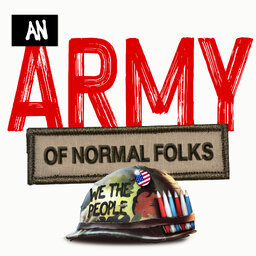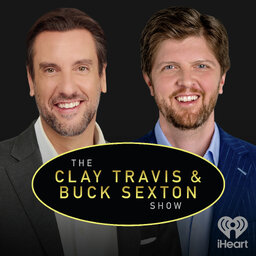Bob Zaccheo: Therapy Under The Hood of a Car
Realizing that his traditional therapy was failing kids with substance abuse and mental health challenges, Bob Zaccheo was tired of it and so one day he decided to do something wildly different. His Project LIFT now successfully trains over 1,000 troubled teens a year in 11 different trades, while they do therapy in these natural settings, such as "under the hood of a car". They're solving 4 of society's biggest challenges all at once (the skilled trades gap, poverty, mental health, addiction) and there should be a chapter in every region of America.
In 2 playlist(s)
An Army of Normal Folks
Our country’s problems will never be solved by a bunch of fancy people in nice suits talking big wor…Social links
Follow podcast
Recent clips
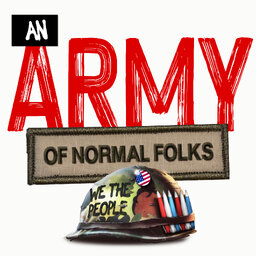
What If We Stopped Treating People Like Mascots? (Pt 1)
39:18
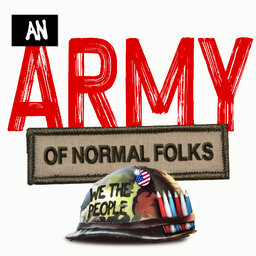
What If We Stopped Treating People Like Mascots? (Pt 2)
1:00:46
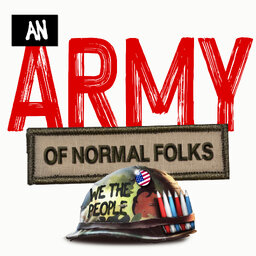
We Don’t Need More Heroes. We Need More Bowling Leagues
13:43
 An Army of Normal Folks
An Army of Normal Folks